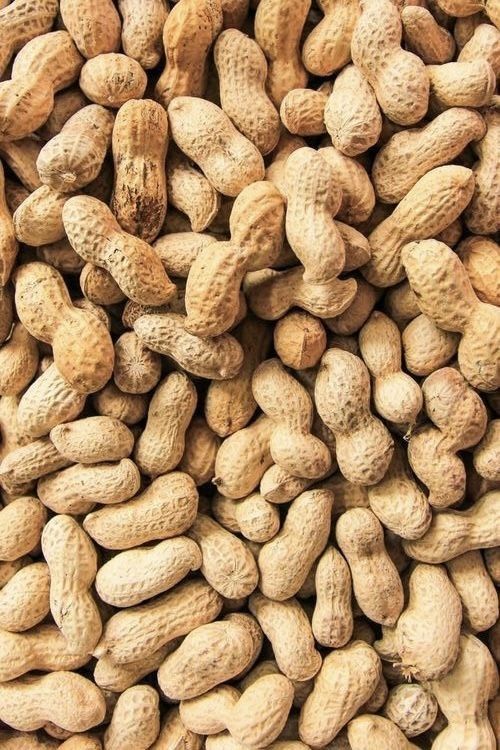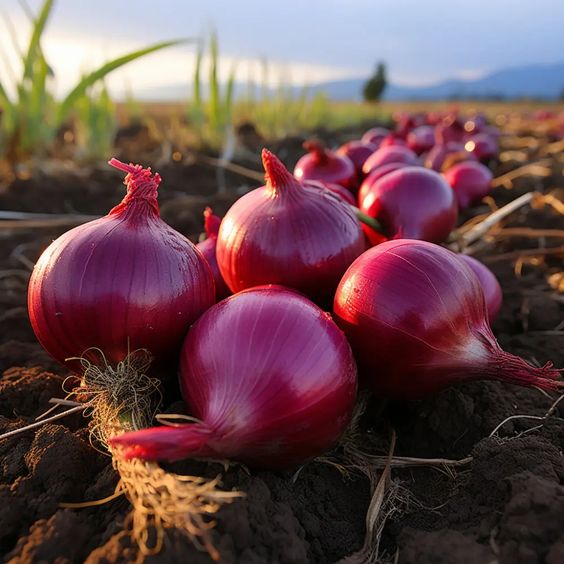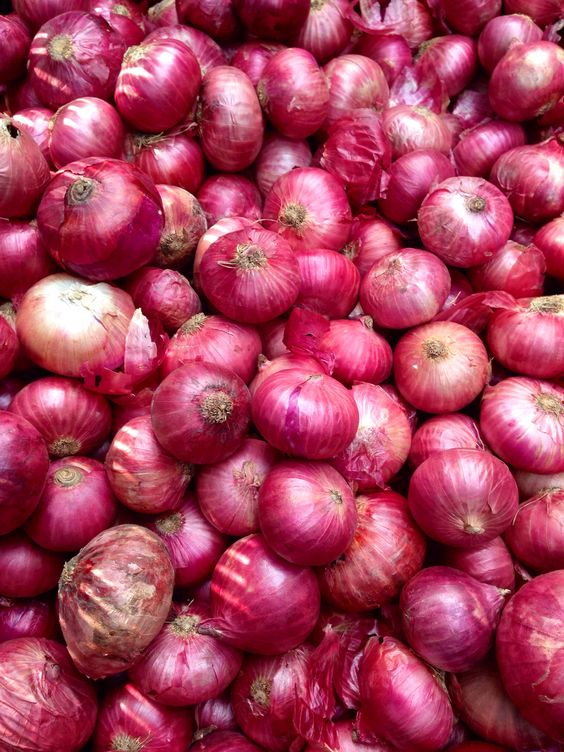Harnessing the Power of Peanut plant: A Smart Agriculture Approach for Indonesia
Peanut plant Indonesia, a Southeast Asian powerhouse, boasts fertile lands and a thriving agricultural sector. However, to ensure long-term sustainability and increased productivity, embracing smart agriculture practices is crucial. This article delves into the potential of peanuts, a versatile legume, within the framework of Smart Agriculture in Indonesia. We’ll explore how technology, data-driven insights, and sustainable practices can revolutionize peanut production, benefitting farmers and consumers alike.
The Peanut: A Powerhouse Legume
The peanut (Arachis hypogaea), also known as groundnut, is a member of the Fabaceae family. Despite its name, peanuts are not true nuts but legumes, similar to peas and beans. Native to South America, peanuts were introduced to Asia centuries ago and have become a staple food source in Indonesia. Peanuts are packed with nutrients, including protein, healthy fats, vitamins, and minerals. They are consumed in various forms, from peanut butter and snacks to cooking oils and condiments.
Smart Agriculture: Transforming Peanut Production
Smart Agriculture, also known as precision agriculture, leverages technology and data to optimize agricultural practices. This approach can significantly improve peanut production in Indonesia by:
- Enhancing Yield and Quality: Utilizing soil sensors and satellite imagery, farmers can gain insights into soil health, nutrient deficiencies, and irrigation needs. This data-driven approach allows for targeted fertilizer application, maximizing peanut yield and quality.
- Precision Irrigation Peanut plant: Smart irrigation systems equipped with sensors monitor soil moisture levels and deliver water precisely where and when needed. This not only conserves water, a precious resource in Indonesia, but also prevents waterlogging and fungal diseases that plague peanut crops.
- Disease and Pest Management: Deploying drone technology and advanced sensors allows for real-time monitoring of peanut crops. Early detection of pests and diseases enables targeted interventions, minimizing crop damage and the need for harmful pesticides.
- Climate-Smart Practices: Smart Agriculture tools can analyze weather patterns and predict extreme weather events. This empowers farmers to implement appropriate measures like drought-resistant peanut varieties or adjust planting schedules to mitigate climate-change impacts.
- Traceability and Market Access: Blockchain technology can be integrated into the peanut supply chain, ensuring transparency and traceability. This fosters trust among consumers and facilitates access to premium markets for high-quality Indonesian peanuts.
Implementing Smart Agriculture for Peanuts in Indonesia
Peanut plant Several key steps are necessary to effectively implement Smart Agriculture for peanut production in Indonesia:
- Infrastructure Development: Expanding internet connectivity to rural areas is crucial for deploying smart agriculture technologies. Additionally, investing in sensor networks and weather monitoring stations will provide farmers with the necessary data for informed decision-making.
- Capacity Building Peanut plant: Equipping farmers with the skills and knowledge to utilize smart agriculture tools effectively is essential. Training programs and workshops can bridge the digital divide and empower farmers to harness the power of technology.
- Government Support Peanut plant: Government policies that incentivize the adoption of smart agriculture practices, such as subsidies for sensor technology or training programs, can significantly accelerate the transformation of the peanut sector.
- Public-Private Partnerships: Collaboration between government agencies, research institutions, private companies, and farmer cooperatives can foster innovation and ensure the development of smart agriculture solutions tailored to the specific needs of Indonesian peanut farmers.
Conclusion Peanut plant
Peanut plant By embracing Smart Agriculture, Indonesia can unlock the full potential of peanut production. With increased yield, improved quality, and sustainable practices, Indonesian peanuts can not only enhance food security but also contribute to a thriving agricultural export industry. Investing in technology, empowering farmers, and fostering collaboration will pave the way for a smarter, more sustainable, and profitable future for peanut production in Indonesia.
This article has provided a glimpse into the exciting possibilities of Smart Agriculture for peanuts. As technology continues to evolve, the potential applications within the peanut sector are limitless. By embracing innovation and collaboration, Indonesia can position itself as a global leader in smart peanut production, ensuring a bountiful harvest for generations to come.




